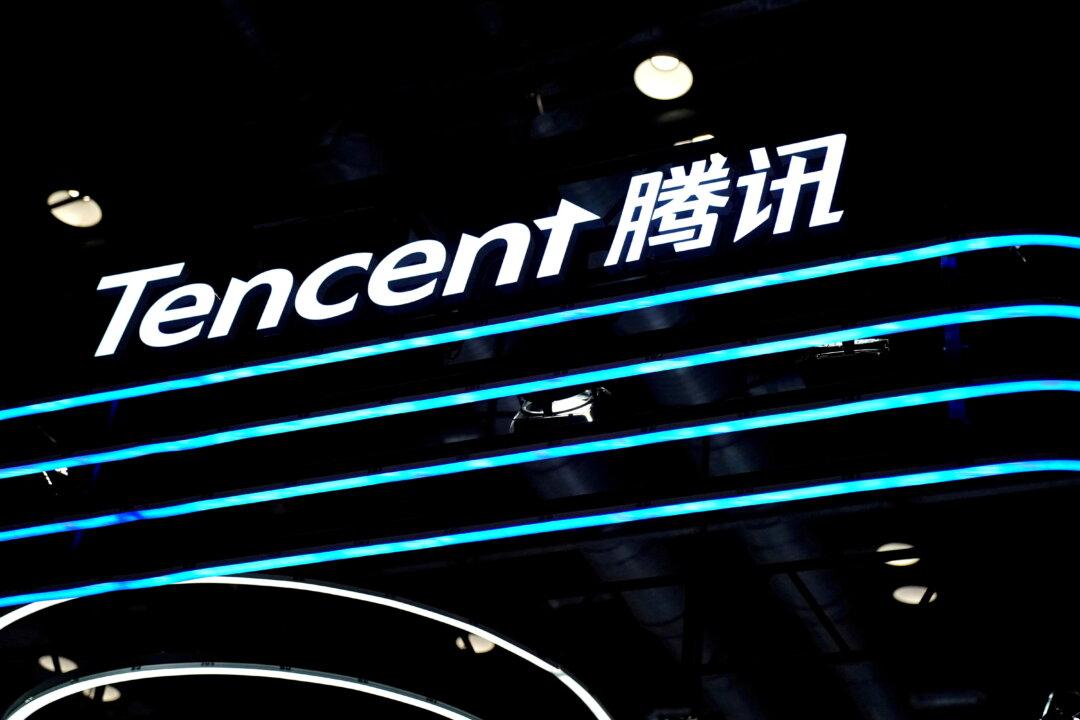HONG KONG—A Chinese public-interest group said on Tuesday it is suing Tencent over what it alleges is inappropriate content for minors in the top global game developer’s flagship video game, Honor of Kings.
Beijing Teenagers Law Aid And Research Center said it filed the lawsuit in a Beijing court on Tuesday, to mark the implementation of an amended protection of minors law.





